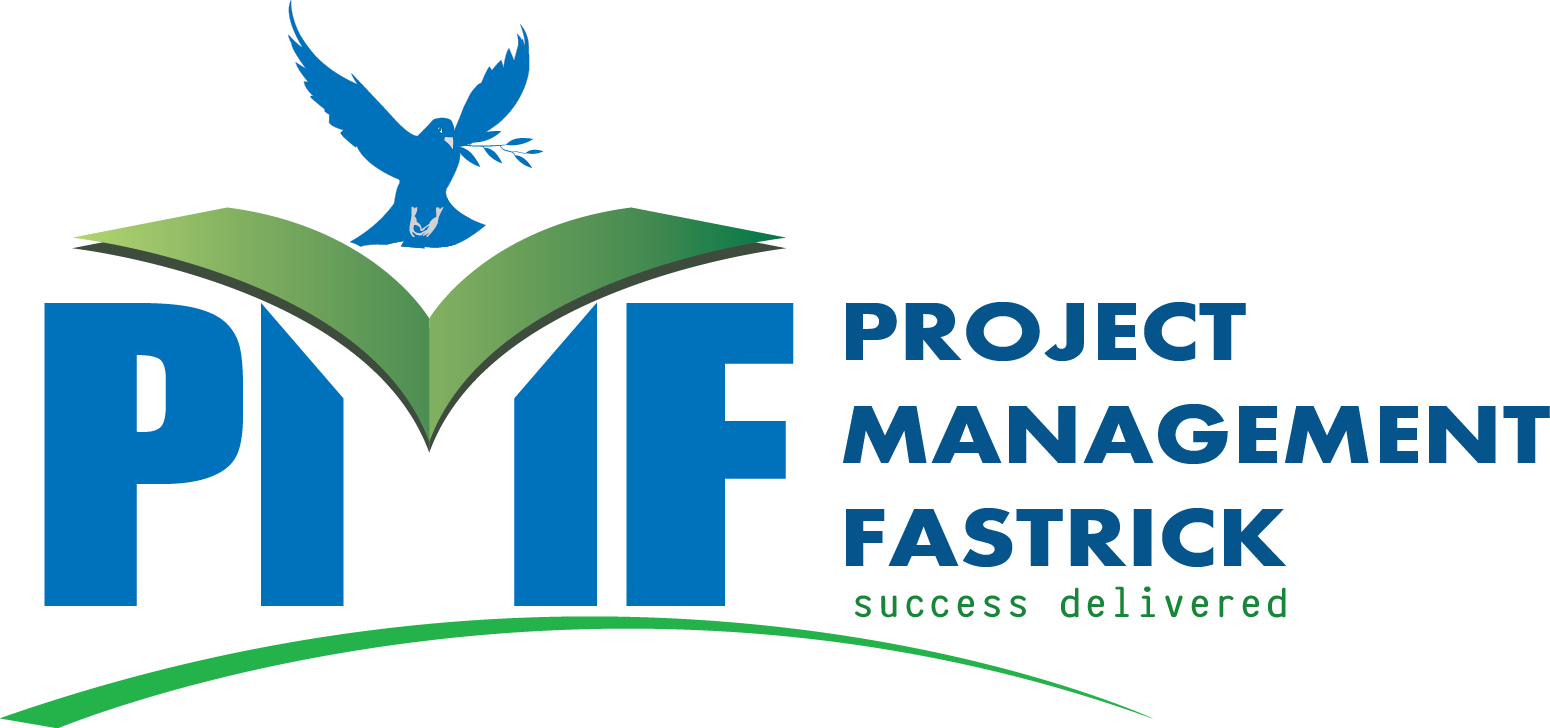Exploring the Role of Agile Leadership in Scaling Agile Practices
Abstract:
The rapid adoption of agile methodologies across organizations necessitates scaling these practices to achieve enterprise-wide agility. This article delves deeper into the critical role of agile leadership in successfully scaling agile across teams, departments, and the entire organization. We examine the core characteristics of agile leaders, their specific actions in fostering an agile culture, and practical strategies for cultivating agile leadership capabilities within organizations.
1. Introduction
Scaling agile practices beyond small, self-organizing teams presents a unique set of challenges. Traditional hierarchical structures often rely on command-and-control leadership, which can stifle the core tenets of agility: flexibility, rapid iteration, and continuous improvement. Bureaucratic processes and siloed operations further impede the agility of large organizations. This article highlights the pivotal role of agile leadership in navigating these challenges and facilitating a successful large-scale agile transformation.
2. The Agile Paradox and Leadership Challenges
The “Agile Paradox” refers to the inherent tension between scaling agile principles while maintaining the core values of agility. Agile methodologies emphasize autonomy (teams manage their work) and self-organization (teams decide how to achieve goals). However, scaling requires a degree of coordination (across teams and departments) and alignment (with overall strategic objectives). Agile leaders must find ways to balance control (providing direction) with empowerment (trusting teams to make decisions) to navigate this paradox.
3. Core Characteristics of Agile Leaders
Beyond traditional leadership qualities, successful agile leaders possess distinct characteristics:
- Visionary: They articulate a clear vision for the organization’s agile transformation, not just the technical aspects,but also the cultural shift required to embrace agility. They emphasize the benefits of agility, such as increased speed to market, improved customer satisfaction, and enhanced employee engagement.
- Empowering: Agile leaders delegate decision-making authority to teams, fostering a sense of ownership and accountability. They create a safe environment where teams can experiment, learn from mistakes, and continuously improve.
- Collaborative: Agile leaders break down silos by facilitating open communication and collaboration across teams and departments. They champion cross-functional collaboration and encourage knowledge sharing to ensure all stakeholders are aligned with project goals.
- Adaptive: Agile leaders understand that change is inevitable in today’s dynamic business environment. They champion continuous learning and embrace change as an opportunity for improvement. They foster a culture of experimentation and encourage teams to adapt their approaches based on new information and feedback.
- Servant Leader: Agile leaders move away from the traditional hierarchical model and adopt a servant leadership approach. They focus on removing roadblocks and creating an environment where teams can thrive. They provide coaching and mentorship, invest in their team’s development, and celebrate successes.
4. Fostering an Agile Culture Through Leadership
Agile leadership goes beyond simply adopting a new set of practices. It requires a fundamental shift in mindset across all levels of the organization. Agile leaders can take specific actions to cultivate this cultural change:
- Leading by Example: Agile leaders embody agile values in their daily interactions and decision-making. They are transparent in their communication, actively listen to feedback, and demonstrate a willingness to adapt and learn.
- Transparency and Communication: Agile leaders promote open communication across all levels of the organization. They encourage information sharing, hold regular meetings (e.g., stand-up meetings, retrospectives) to keep everyone informed, and create a safe space for open dialogue.
- Investing in People: Investing in people is crucial for a successful agile transformation. Agile leaders provide training and resources to equip teams with the skills and knowledge for agile practices. This may include training on specific agile methodologies (e.g., Scrum, Kanban), user story writing, estimation techniques, and effective communication skills.
- Celebrating Successes: Recognition and rewards are powerful motivators. Agile leaders acknowledge and reward teams for achievements and milestones achieved through agile practices. This reinforces positive behaviors and encourages continuous improvement.
5. Strategies for Cultivating Agile Leadership
Organizations can develop agile leadership capabilities through several strategies:
- Leadership Development Programs: Design training programs specifically focused on agile principles,coaching skills, and servant leadership. These programs should equip leaders with the knowledge, tools, and behaviors necessary to lead agile transformations.
- Mentorship and Coaching: Foster a culture of mentorship where experienced agile leaders coach and guide others. Matching less experienced leaders with seasoned agile leaders can provide valuable guidance and accelerate their learning curve.
- Agile Team Rotations: Encourage leaders to rotate through different agile teams at regular intervals. This exposure to diverse perspectives and challenges broadens their understanding of agile practices and fosters empathy for the challenges faced by teams.
- Metrics and Measurement: Implement metrics that track the success of the agile transformation and measure the impact of agile leadership.
6. Future Research Directions
- Investigate the impact of different leadership styles on the success of scaling agile practices.
- Explore the use of leadership frameworks specifically designed for agile transformations.
- Analyze the role of agile leadership in different organizational contexts (e.g., size, industry).



